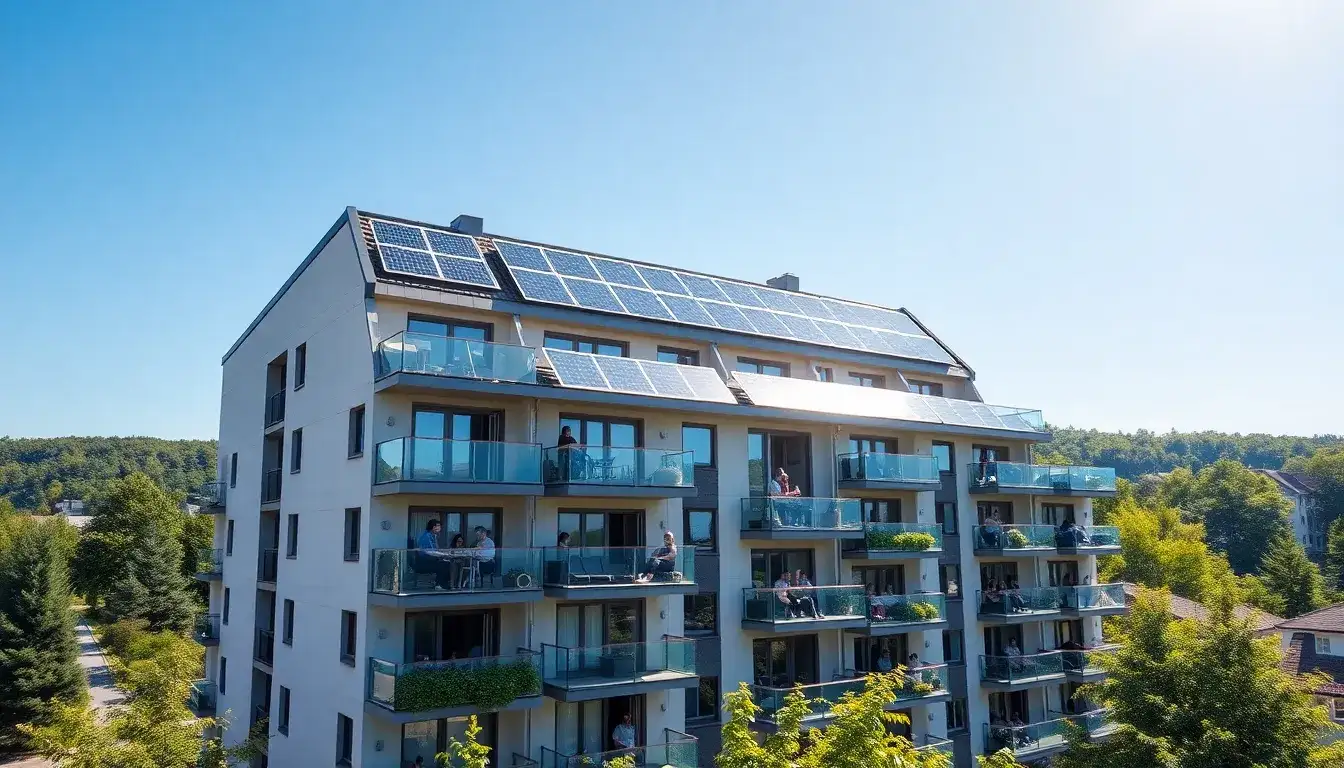
Significant Increase in Balcony Photovoltaic Demand! Germany’s Photovoltaic Power Generation Reaches 13.8%!
On March 12, the Federal Statistical Office of Germany released data indicating that in 2024, the country’s renewable energy generation increased by 2.3% year-on-year, accounting for 59.4% of the total electricity generation, marking a historic high. This percentage is notably higher than the overall 47.4% level of the European Union.
According to the data, wind energy remains Germany’s primary energy source, contributing 31.5% to total electricity generation. Meanwhile, photovoltaic power generation saw a substantial increase of 10.4%, reaching 59.5 billion kWh and accounting for 13.8% of the total generation. Hydropower also experienced growth, with a 10.3% increase, totaling 20.4 billion kWh and representing 4.7% of the total.
In contrast, traditional energy sources such as coal and natural gas saw a decline in generation, with an overall decrease of 11% to 175.1 billion kWh, which constitutes 40.6% of the total. Although coal remains Germany’s second-largest energy source, its importance is waning, as its generation dropped by 16% to 97.2 billion kWh, reaching a historic low of 22.5% of the total generation. On the other hand, natural gas generation experienced a slight rebound, growing by 4.6% to 64.1 billion kWh, making up 14.9% of the total.
Recent field research conducted by the Tide Electric Intelligence Center in Germany indicates that the demand for micro photovoltaic systems installed on balconies continues to grow in 2024, emerging as a highlight in the micro-inverter and micro-storage industry. Balcony photovoltaic systems offer significant advantages, especially in the residential market, as they can alleviate electricity pressure for users with limited rooftop conditions or those living in multi-tenant buildings.
The German government has shown strong policy support for balcony photovoltaic systems. In May of last year, it clarified that installing balcony photovoltaic systems does not require registration with the grid operators; instead, users only need to register with the Federal Network Agency, allowing direct connection to power sockets. Additionally, Germany has proposed simplifying the legal procedures for tenants to install balcony photovoltaic systems, including socket-based solar devices in the catalog of licensed measures. This means that landlords or associations cannot unjustifiably refuse tenants’ installations of balcony photovoltaics.
These policies have significantly simplified the installation process and reduced costs, further driving the growth of the balcony photovoltaic market.







